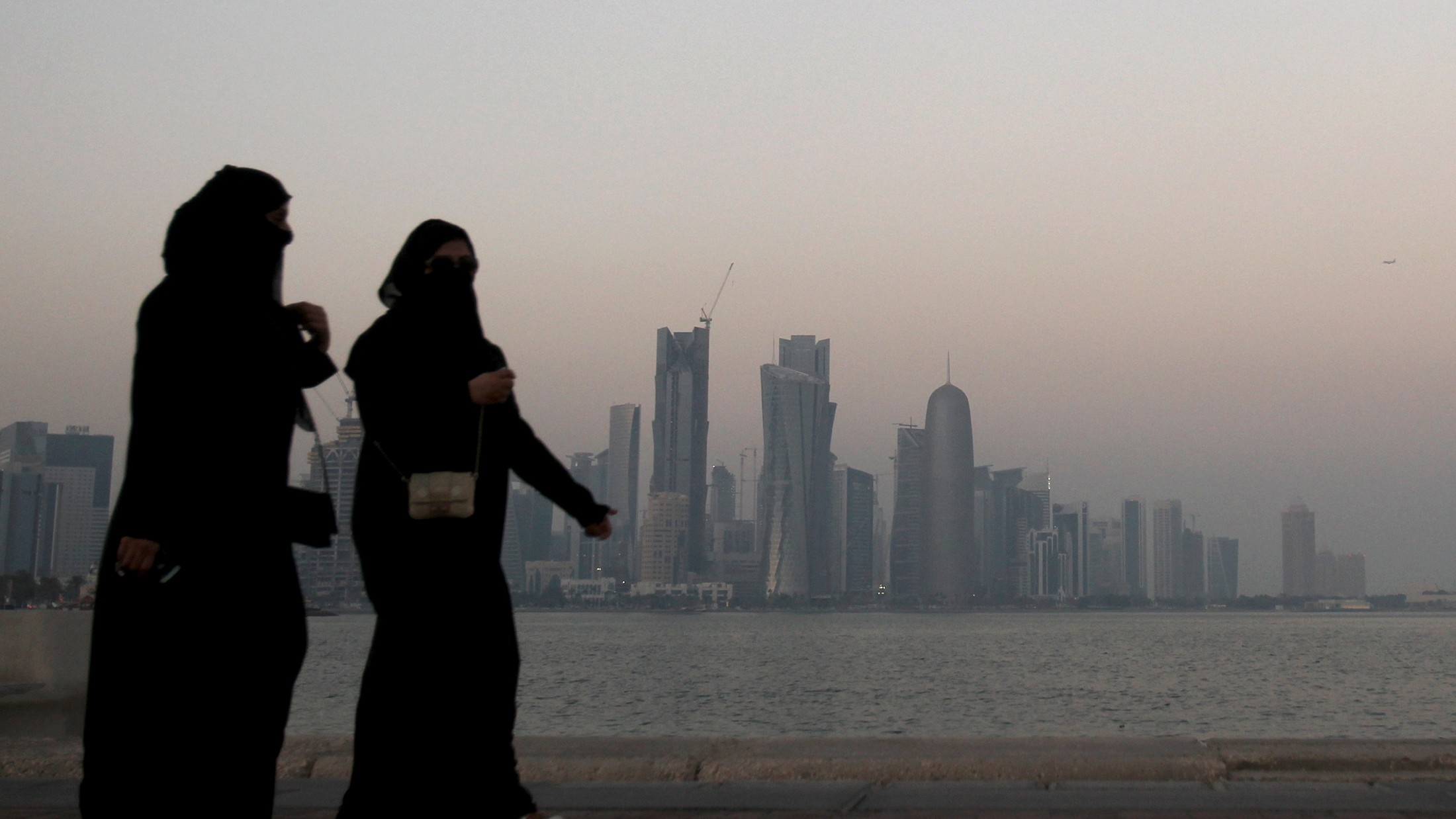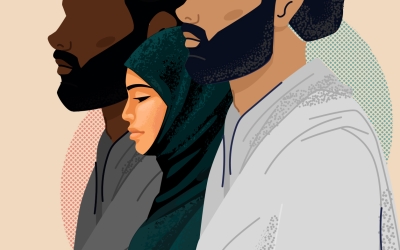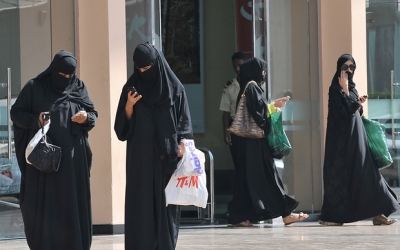What are Qatari guardianship rules and how do they work?

The case of Noof al-Maadeed has put Qatar’s guardianship rules, which give men authority over some of the most basic aspects of women’s lives in the Gulf country, under a spotlight.
Last year, Human Rights Watch published the first comprehensive study of its kind looking at how the guardianship system in Qatar works in practice. Here’s what women's rights researcher Rothna Begum found.
The system isn’t one clear, articulated set of rules, but rather a labyrinth of law, policies and practices which require women to get the permission of a male guardian for certain activities.
They include travelling abroad if you are under 25-years-old, getting married, working in certain government ministries, and having an abortion for foetal abnormalities.
Until January 2020, women were required to get their guardian's permission to obtain a driver's licence.
Qatari women told Begum they face discrimination when they tried to rent hotel rooms or rent out their own apartments, or tried to access free water and electricity to which citizens are entitled.
Qatari women cannot be guardians of their children at any time, and are therefore prevented from having authority over their children’s finances, travel, official documents, and sometimes schooling and medical treatment.
This is the case even if a woman is divorced and a court has given her custody of the children or the father of her children has died. If another male relative is unable to fill in as the male guardian, the state performs the role instead of the mother.
Some of the laws Begum investigated did not appear to have a clear legal basis. And in areas where there were no laws or policies on male guardianship, she found that women were still asked for a guardian’s permission.
In most cases, the male guardian will be a woman’s father or her husband with guardianship transferred from one man to the other after a marriage.
But it could be a brother, an uncle or a grandfather, and in some cases, the state may take on the role as guardian if no male relative is available. Divorced women revert to having their father as a guardian, or another male relative if necessary.
Guardianship laws similarly restrictive to those enforced in Qatar are common in other GCC countries. Saudi Arabia recently implemented reforms to its guardianship system granting women greater freedoms, though prominent women's rights activists have also been arrested.
When HRW's report was first released, the Qatari government released a statement saying that it was inaccurate in its portrayal of the country's laws, policies and practices related to women. "The accounts mentioned in the report are not aligned with our constitution, laws or policies," a spokesman said.
Middle East Eye delivers independent and unrivalled coverage and analysis of the Middle East, North Africa and beyond. To learn more about republishing this content and the associated fees, please fill out this form. More about MEE can be found here.






